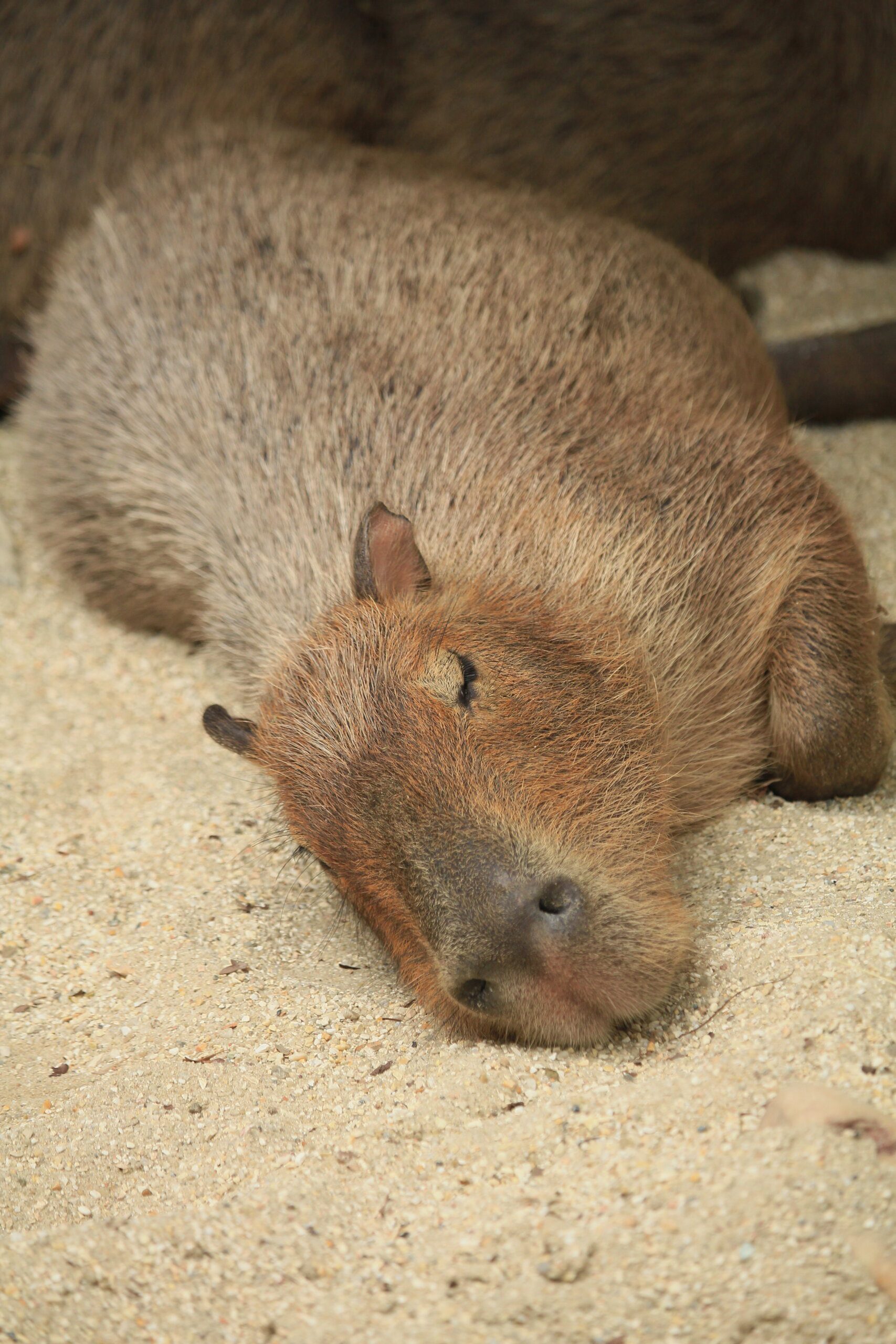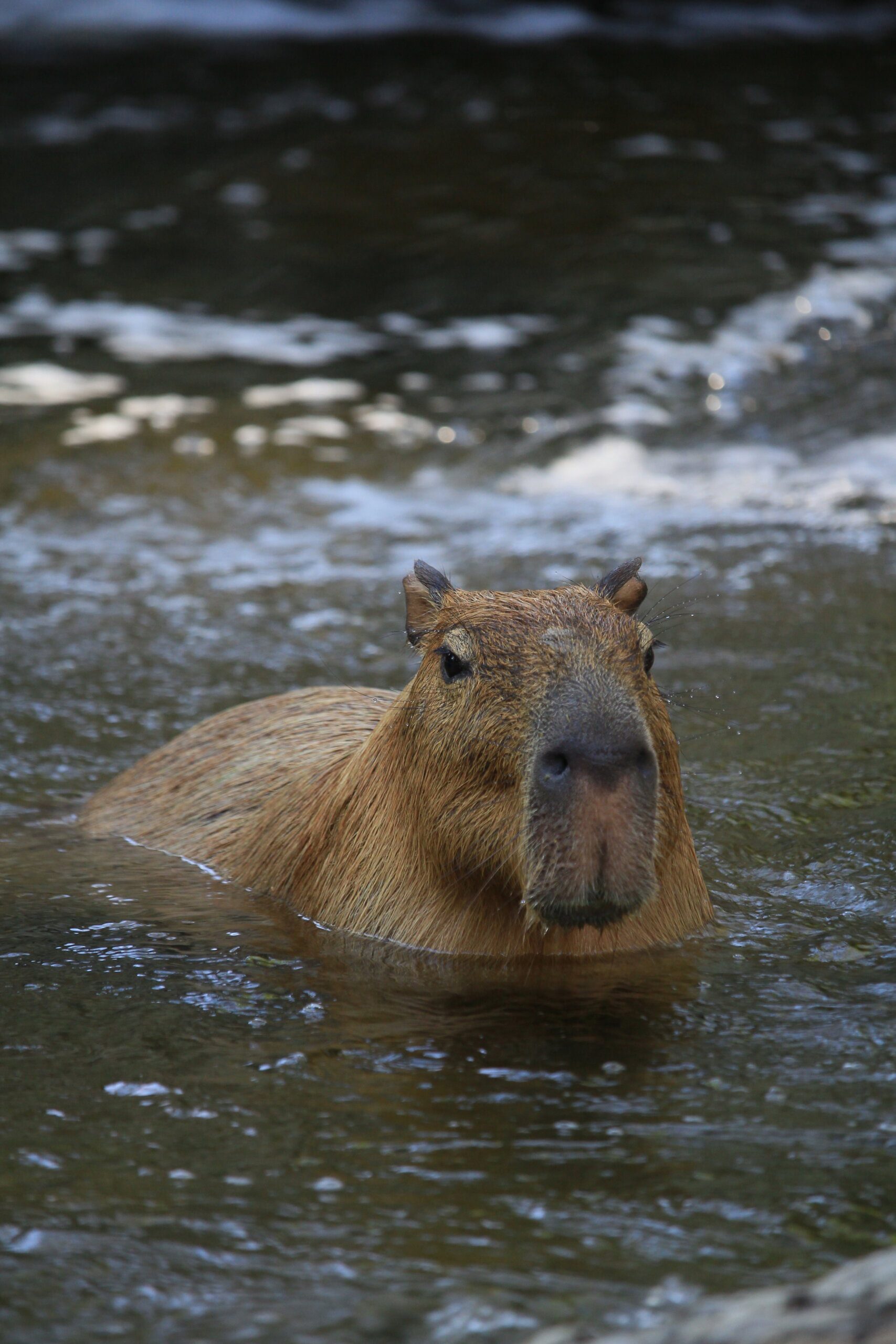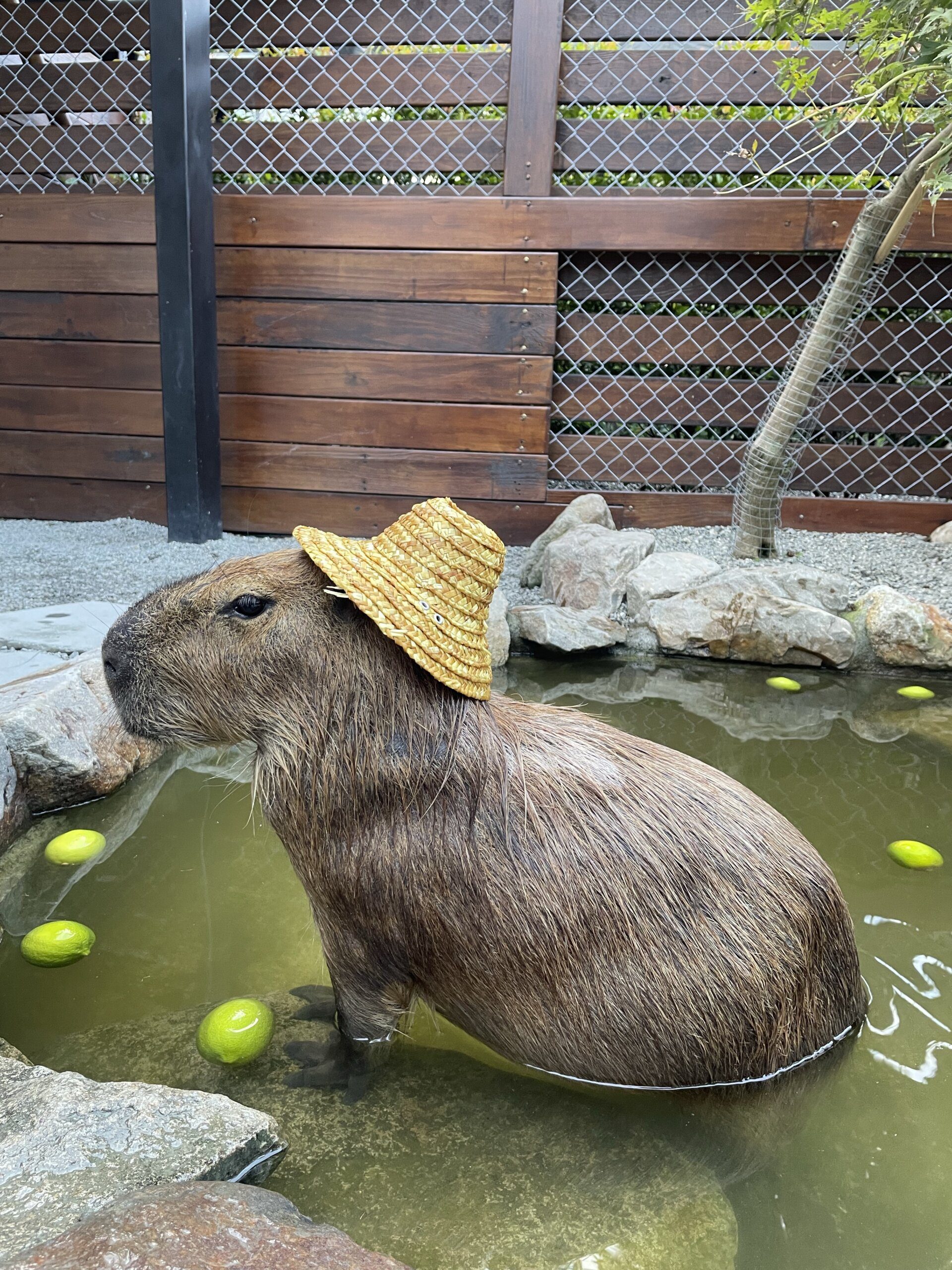Are you curious about whether it’s legal to have a capybara as a pet in the UK? Well, wonder no more! In this article, we’ll explore the fascinating world of capybaras and delve into the current laws and regulations surrounding their ownership in the United Kingdom. From their lovable nature to their unique needs, we’ll provide you with all the important information you need to know before considering these adorable creatures as your potential companion. So sit back, relax, and let’s uncover the legality of owning a capybara as a pet in the UK!
The Legality of Owning a Capybara as a Pet in the UK

Introduction
If you have ever seen a capybara, you may have been captivated by its unique appearance and friendly demeanor. These large, herbivorous mammals native to South America are gaining popularity as exotic pets in the United Kingdom. However, before considering owning one, it is important to understand the legalities surrounding capybara ownership in the UK. In this article, we will explore the regulations and considerations to ensure that you are well-informed before making a decision.
Capybaras as Unique Exotic Pets
Capybaras are often described as oversized guinea pigs or giant hamsters. With their barrel-shaped bodies, webbed feet, and water-loving nature, they are undeniably fascinating creatures. Capybaras are highly social animals and thrive in groups, but they can also form strong bonds with humans. Their gentle and docile nature makes them appealing to potential owners looking for a unique companion.

The Wildlife and Countryside Act 1981
Under the Wildlife and Countryside Act 1981 in the UK, it is illegal to release non-native species into the wild without a proper license. Capybaras fall under this category as they are not native to the British Isles. This means that if you are a responsible pet owner, you must ensure that your capybara remains confined to your property and does not pose a threat to the local ecosystem.
The Dangerous Wild Animals Act 1976
In addition to the Wildlife and Countryside Act, the Dangerous Wild Animals Act 1976 also comes into play when it comes to owning exotic pets like capybaras. This act requires individuals who own certain “dangerous” wild animals to obtain a license from their local authority. While capybaras are not explicitly listed as dangerous animals, the interpretation of this term can vary, and local authorities may require a license for their ownership.

Zoo Licensing Act 1981
If you are considering owning multiple capybaras or have plans to breed them, it is essential to understand the requirements set forth by the Zoo Licensing Act 1981. This act states that any establishment where animals are kept for exhibition to the public on a regular basis, including for educational purposes, must obtain a zoo license from their local authority. It is important to evaluate whether your intention to house multiple capybaras falls under the purview of this act to ensure compliance.
Import and Export Regulations
To legally own a capybara in the UK, you must ensure that it has been legally imported into the country. This means that you should only acquire a capybara from a reputable breeder or seller who can provide the necessary documentation proving the legal importation of the animal. It is crucial to perform due diligence and verify the legitimacy of the source to avoid any legal complications.
CITES Regulations
The Convention on International Trade in Endangered Species of Wild Fauna and Flora (CITES) is an international agreement that regulates the import and export of certain species, including capybaras, to ensure their conservation and protection. Capybaras are not listed as endangered, but they are protected under Appendix II of CITES, which means that their trade is regulated. As a responsible pet owner, it is important to be aware of these regulations and ensure that any capybara you own is legally obtained.
Local Authority Regulations
Beyond the national regulations mentioned earlier, local authorities may also have their own specific regulations concerning the ownership of capybaras as pets. It is crucial to check with your local authority and inquire about any additional permits or licenses required in your specific area. Keeping open lines of communication with the relevant authorities will help you stay compliant with the local regulations.
Animal Welfare Considerations
It is essential to prioritize the welfare of any animal in your care, including capybaras. As exotic pets, capybaras have specific dietary and environmental needs that must be met for their overall well-being. Before bringing a capybara into your home, make sure you have the necessary knowledge, resources, and commitment to provide a suitable habitat, appropriate diet, and veterinary care. Proper research, preparation, and ongoing care are vital in promoting the health and happiness of your capybara.
Penalties for Illegal Ownership
Failure to comply with the regulations regarding capybara ownership can result in serious consequences. Penalties for illegal ownership can range from fines to imprisonment, and animals may be seized and confiscated. To avoid any legal trouble, it is crucial to ensure that you have all the required licenses and permits in place before owning a capybara as a pet.
Conclusion
While capybaras have captured the hearts of many aspiring pet owners in the UK, it is important to approach capybara ownership with caution and adherence to the relevant regulations. Familiarize yourself with the Wildlife and Countryside Act 1981, the Dangerous Wild Animals Act 1976, the Zoo Licensing Act 1981, and any additional local authority regulations. Ensure that your capybara’s importation is legal, be mindful of CITES regulations, and prioritize animal welfare. By understanding and abiding by the legalities and responsibilities of owning a capybara, you can create a safe and fulfilling environment for both you and your unique pet.



